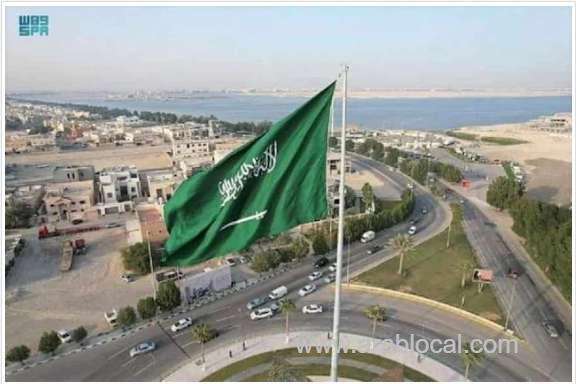In a historic shift, Saudi Arabia's non-oil revenue now constitutes over 50% of its GDP, marking a significant milestone for the kingdom's economy. This transformation comes as Saudi Aramco, the state-run oil refinery, announced its decision to halt oil output extensions earlier this year, signaling a strategic pivot towards diversification.
The Ministry of Economy and Planning in Saudi Arabia reported that in 2023, non-oil sectors contributed substantially to the nation's GDP, totaling a staggering $453 billion or 1.7 trillion Saudi Riyals. This surge in non-oil revenue can be attributed to various factors, including increased investment, consumer spending, and export prices.
Key sectors driving this growth include arts and entertainment, with exports experiencing an impressive 106% growth, and real services, witnessing a remarkable 319% growth. Additionally, the food industry expanded by 77%, while transportation and storage services saw a notable 29% increase. The hospitality sector, including restaurants and hotels, recorded a solid 7% growth, alongside health and education sectors, which saw a robust 10.8% growth.
Private sector investments soared by 57%, reaching 959 billion Saudi Riyals ($254 billion), further bolstering the nation's economic diversification efforts. Saudi Arabia's proactive measures to attract tourists are expected to fuel future economic growth, with the tourism industry poised to become a significant contributor to GDP in the coming years.
This pivotal shift underscores Saudi Arabia's commitment to reducing reliance on oil exports and fostering a more resilient and dynamic economy. With non-oil sectors flourishing, the kingdom is well-positioned to navigate global economic shifts and emerge as a key player in diverse industries.






